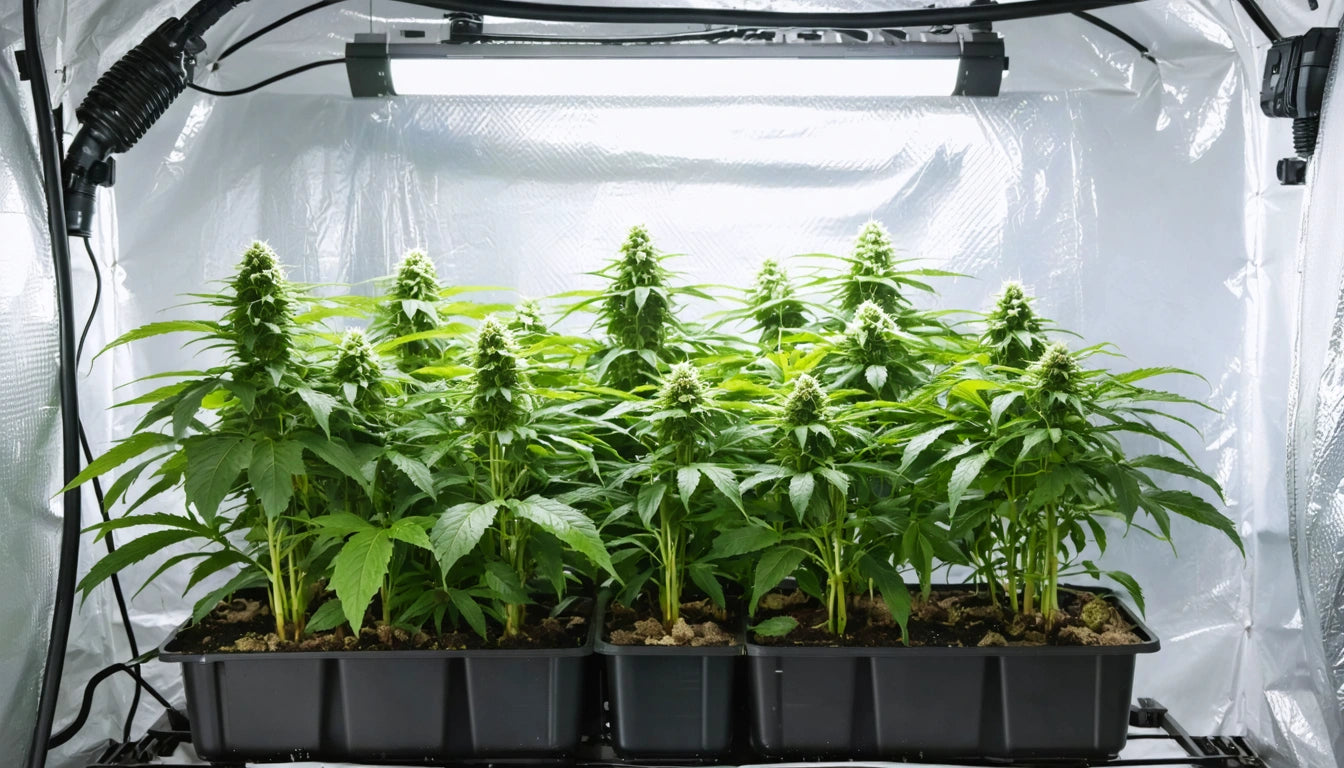Table of Contents
Understanding the Uses and Implications of Oil Cans and Their Management
Oil cans serve as essential containers for storing and dispensing various types of oils across multiple industries. From automotive lubricants to cooking oils and specialized cannabis oils, these containers play a crucial role in preserving product integrity and facilitating convenient application. Understanding how to properly use, store, and dispose of oil cans is important for both operational efficiency and environmental responsibility.
Types of Oil Cans and Their Applications
Oil cans come in various shapes, sizes, and materials designed for specific applications. Traditional metal cans with long spouts are common in automotive and industrial settings, while plastic containers with measured dispensers are prevalent in culinary applications. Specialized containers for cannabis oils often feature additional protective elements to maintain potency and prevent degradation.
The material composition of an oil can significantly impacts its durability, recyclability, and suitability for specific oil types. Metal cans provide excellent protection against light degradation but may be susceptible to rust if not properly sealed. Plastic containers offer versatility and are typically lighter, though they may interact with certain oil compounds over extended periods.
Proper Handling and Storage of Oil Cans
Proper storage of oil cans extends product shelf life and prevents contamination. For most oils, storage in a cool, dry place away from direct sunlight is recommended. Temperature fluctuations can affect oil viscosity and quality, particularly for specialized oils used in culinary or therapeutic applications.
When handling a can of oil, consider these best practices:
- Keep containers tightly sealed when not in use
- Store away from heat sources and open flames
- Maintain upright positioning to prevent leakage
- Label containers clearly with contents and date of opening
- Use appropriate dispensing tools to prevent waste and contamination
For cannabis-derived oils specifically, additional precautions may be necessary. As outlined in this guide to making cannabis oil, proper storage is essential for maintaining potency and preventing degradation of active compounds.
Empty Oil Can Management and Disposal
An oil can empty of its original contents requires proper disposal or repurposing to minimize environmental impact. Empty oil containers may contain residual product that can contaminate water sources or soil if improperly discarded. Many regions classify used oil containers as hazardous waste, necessitating special disposal procedures.
Options for managing empty oil cans include:
- Recycling through designated facilities capable of handling oil-contaminated materials
- Returning to manufacturers or retailers with take-back programs
- Repurposing for appropriate secondary uses after thorough cleaning
- Disposal through hazardous waste collection services
Before recycling or disposing of an empty oil can, ensure it is completely drained of product. Some facilities may require containers to be punctured or crushed to prevent reuse, while others may accept them intact for proper processing.
Cannabis Oil Applications and Storage Solutions
Cannabis oils require specialized storage considerations to maintain potency and prevent degradation. Whether used for cooking, as described in this canna oil cooking guide, or for other applications, proper containment is crucial.
For cannabis oil producers and users, maintaining optimal humidity levels is essential for preserving product quality. Many professionals rely on specialized humidity control solutions to maintain ideal storage conditions for their oils and other cannabis products, ensuring consistency and longevity.
When working with cannabis oils, consider these storage recommendations:
- Use amber or opaque containers to protect from light degradation
- Store in cool environments, ideally below 70 °F (21 °C)
- Utilize airtight seals to prevent oxidation
- Consider refrigeration for extended storage periods
- Label clearly with potency information and production dates
For those making cannabis-infused oils at home, as outlined in this home infusion guide, proper storage containers can significantly impact the shelf life and potency of the final product.
Sustainability Practices in Oil Can Management
The environmental impact of oil cans extends beyond their immediate use, encompassing production, distribution, and end-of-life management. Sustainable approaches to oil can usage focus on reducing waste, minimizing resource consumption, and preventing environmental contamination.
Industry innovations addressing sustainability include:
- Biodegradable packaging materials for appropriate oil types
- Concentrated formulations requiring smaller containers
- Refillable systems reducing single-use packaging
- Improved recyclability through material selection and design
- Extended producer responsibility programs for container recovery
For businesses handling significant volumes of oil products, implementing a comprehensive management program can yield both environmental and economic benefits. This includes tracking container usage, establishing proper disposal protocols, and exploring opportunities for packaging reduction or reuse.
The future of oil can management lies in circular economy approaches that view these containers as resources rather than waste. By designing for recyclability, implementing effective collection systems, and exploring innovative materials, the industry continues to reduce the environmental footprint of oil packaging while maintaining functionality and product protection.











Leave a comment
All comments are moderated before being published.
This site is protected by hCaptcha and the hCaptcha Privacy Policy and Terms of Service apply.